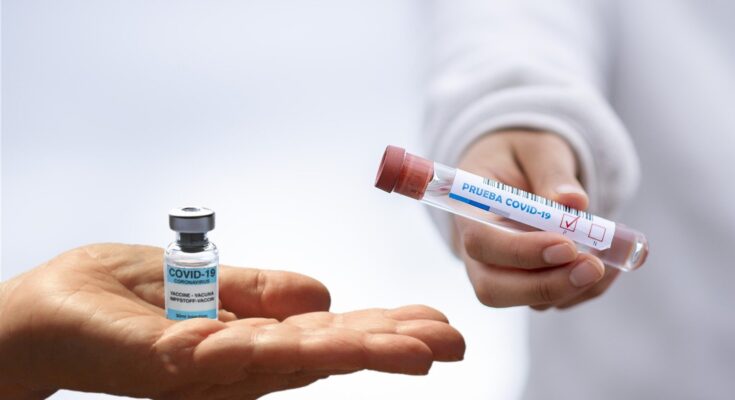Researchers running the University of Oxford-led Com-COV study – launched earlier this year to investigate alternating doses of the Oxford-AstraZeneca and the Pfizer vaccine – have last week reported preliminary data revealing more frequent mild to moderate reactions in mixed schedules compared to standard schedules.
With the supply shortages of Oxford/AstraZeneca vaccine due to the ongoing COVID 19 spread in India, scientists and medical practitioners discussed the possibility of mixing and matching COVID-19 vaccines here in Sri Lanka as well.
A research team from Oxford university began a special research to check this possibility by mixing various COVID 19 vaccines with Oxford/AstraZeneca vaccine in two separate doses. Last week the team published the preliminary data of the first part of their study where they checked AstraZeneca vaccine with the Pfizer/NBioTech vaccine. Part two of the Study is currently ongoing in which they check the possibility of mixing and matching Oxford/AstraZeneca vaccine with other vaccines as well.
Writing in a peer-reviewed Research Letter published in the Lancet, they report that, when given at a four-week interval, both of the ‘mixed’ schedules (Pfizer-BioNTech followed by Oxford-AstraZeneca, and Oxford-AstraZeneca followed by Pfizer-BioNTech) induced more frequent reactions following the 2nd, ‘boost’ dose than the standard, ‘non-mixed’ schedules. The add that any adverse reactions were short lived and there were no other safety concerns.
Matthew Snape, Associate Professor in Paediatrics and Vaccinology at the University of Oxford, and Chief Investigator on the trial, said:
‘Whilst this is a secondary part of what we are trying to explore through these studies, it is important that we inform people about these data, especially as these mixed-doses schedules are being considered in several countries. The results from this study suggest that mixed dose schedules could result in an increase in work absences the day after immunisation, and this is important to consider when planning immunisation of health care workers.
‘Importantly, there are no safety concerns or signals, and this does not tell us if the immune response will be affected. We hope to report these data in the coming months. In the meantime, we have adapted the ongoing study to assess whether early and regular use of paracetamol reduces the frequency of these reactions.’
They also noted that as the study data was recorded in participants aged 50 and above, there is a possibility such reactions may be more prevalent in younger age groups.




